According to the findings of the Joint Multi-Sector Needs Assessment (MSNA) report 2022-2023, only 21% of Rohingya girls aged 12-18 years have access to education.
These findings were discussed in a dialogue session organized by Plan International Bangladesh on Monday, which emphasized the crucial role of education in women's empowerment. The session highlighted societal barriers that hinder girls, particularly Rohingya girls, from accessing education beyond primary levels.
The report revealed that approximately two-thirds of Rohingya girls aged 5-11 residing in refugee camps in Bangladesh discontinue educational activities when transitioning to higher levels of education. In contrast, in Ukhia and Teknaf of Cox’s Bazar, 90% of Rohingya girls in the same age group have access to education, with a dropout rate of 19% among girls in the host community.
The Rohingya crisis in Cox's Bazar has exacerbated challenges faced by Rohingya and host community women and girls, including gender-based violence, limited educational and livelihood opportunities, early marriage, and exclusion from leadership roles.
Speakers at the event stressed the urgent need for gender-responsive financing and initiatives involving men as allies in promoting gender equality.
Md Mahfuzul Islam, superintendent of police in Cox’s Bazar, emphasized the importance of addressing social malpractices like early marriage and advocating for women's access to education and employment for their empowerment.



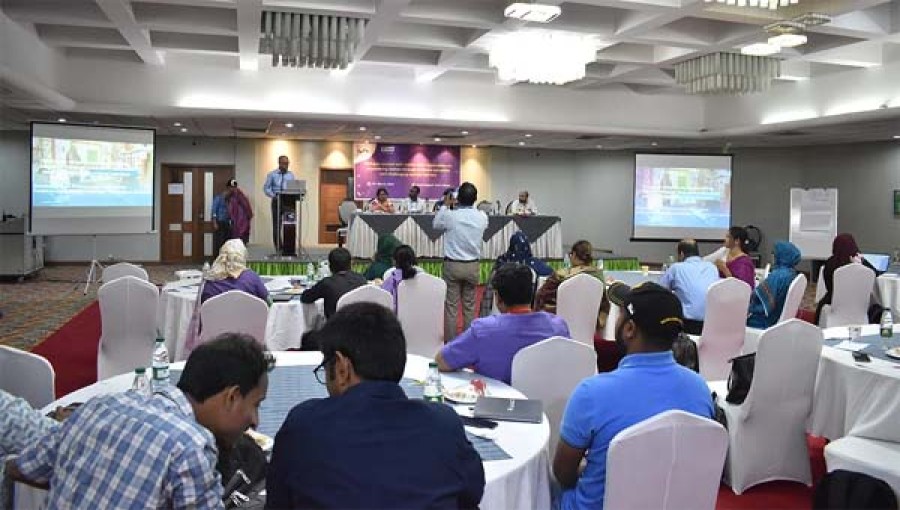



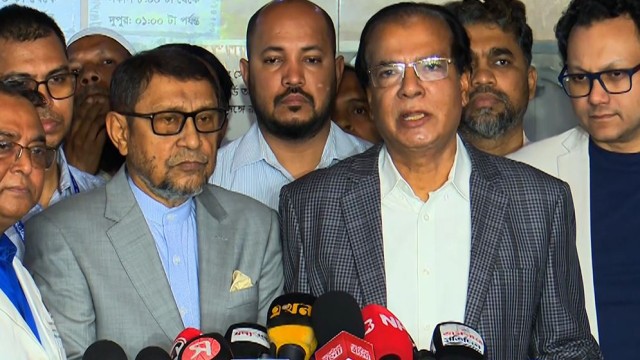
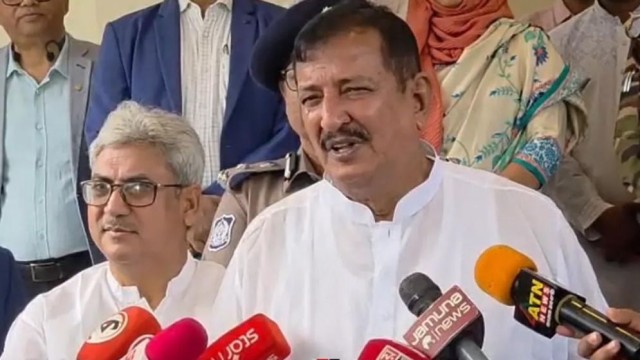
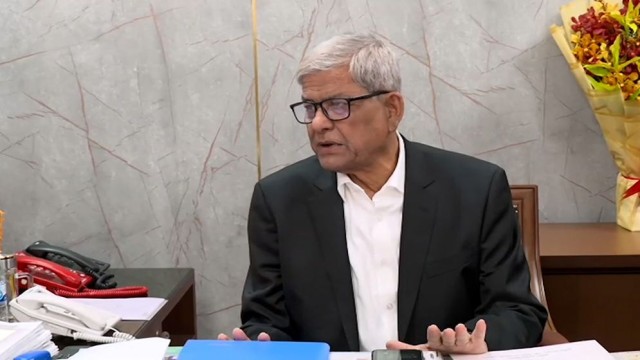



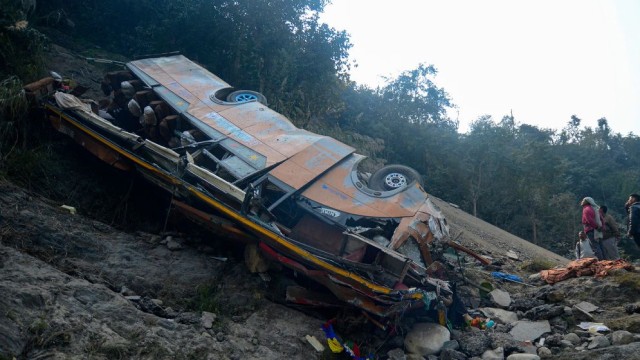
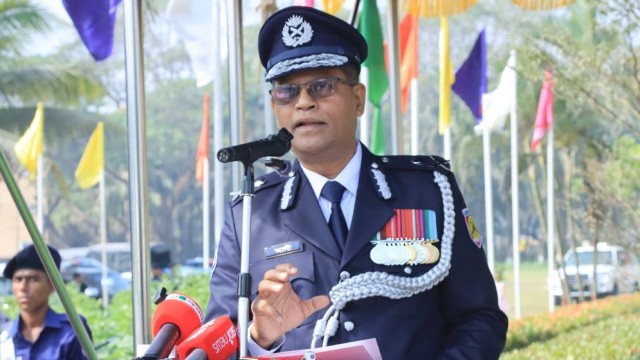
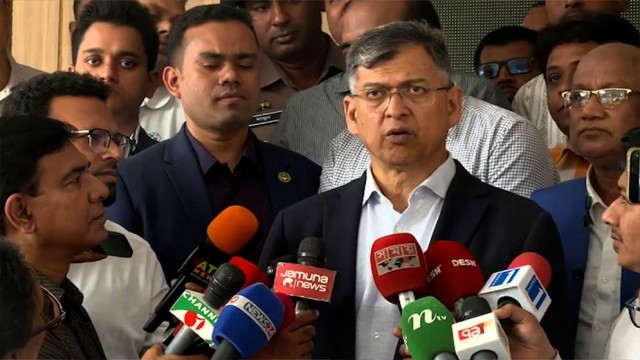













Comment: